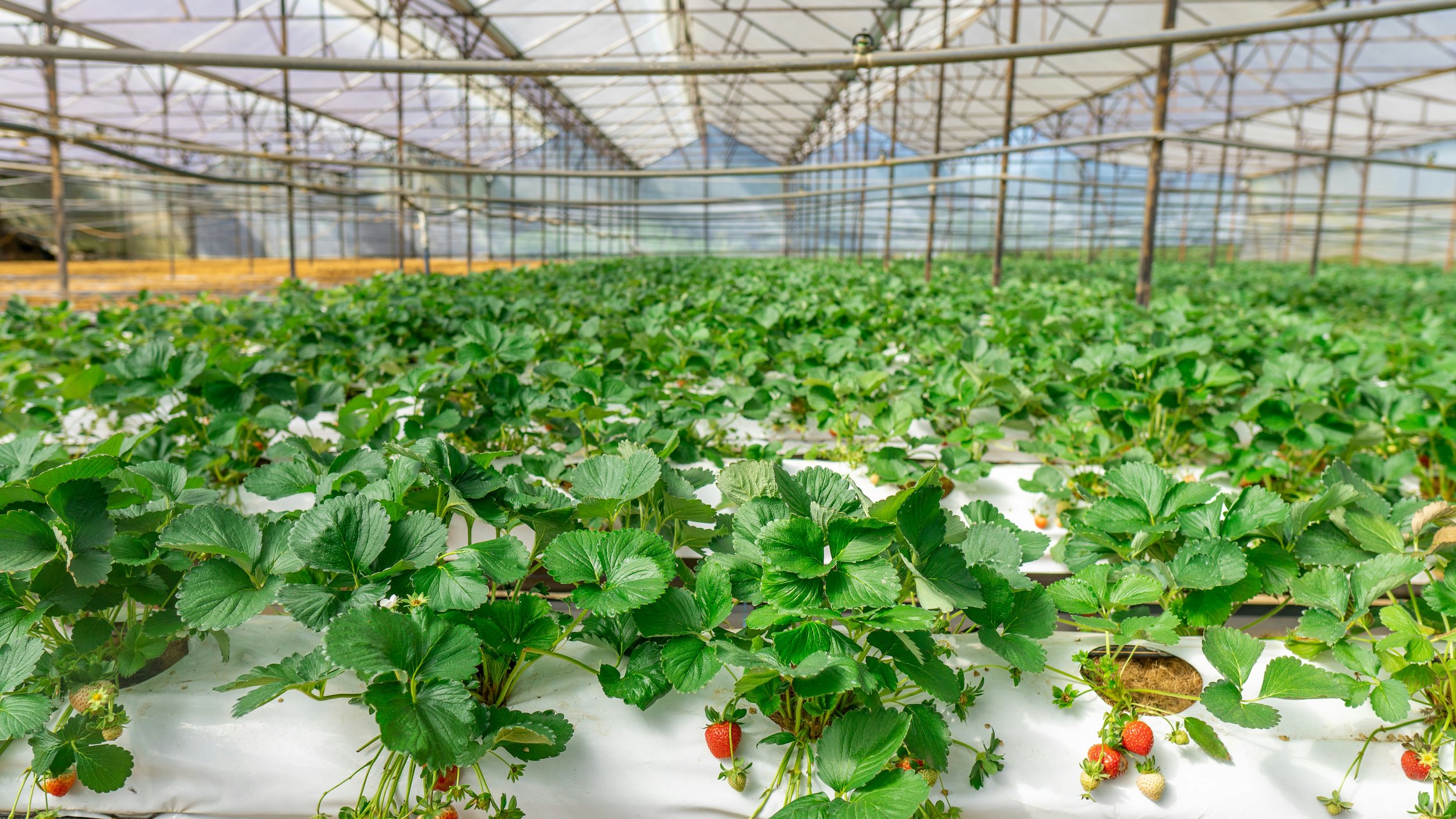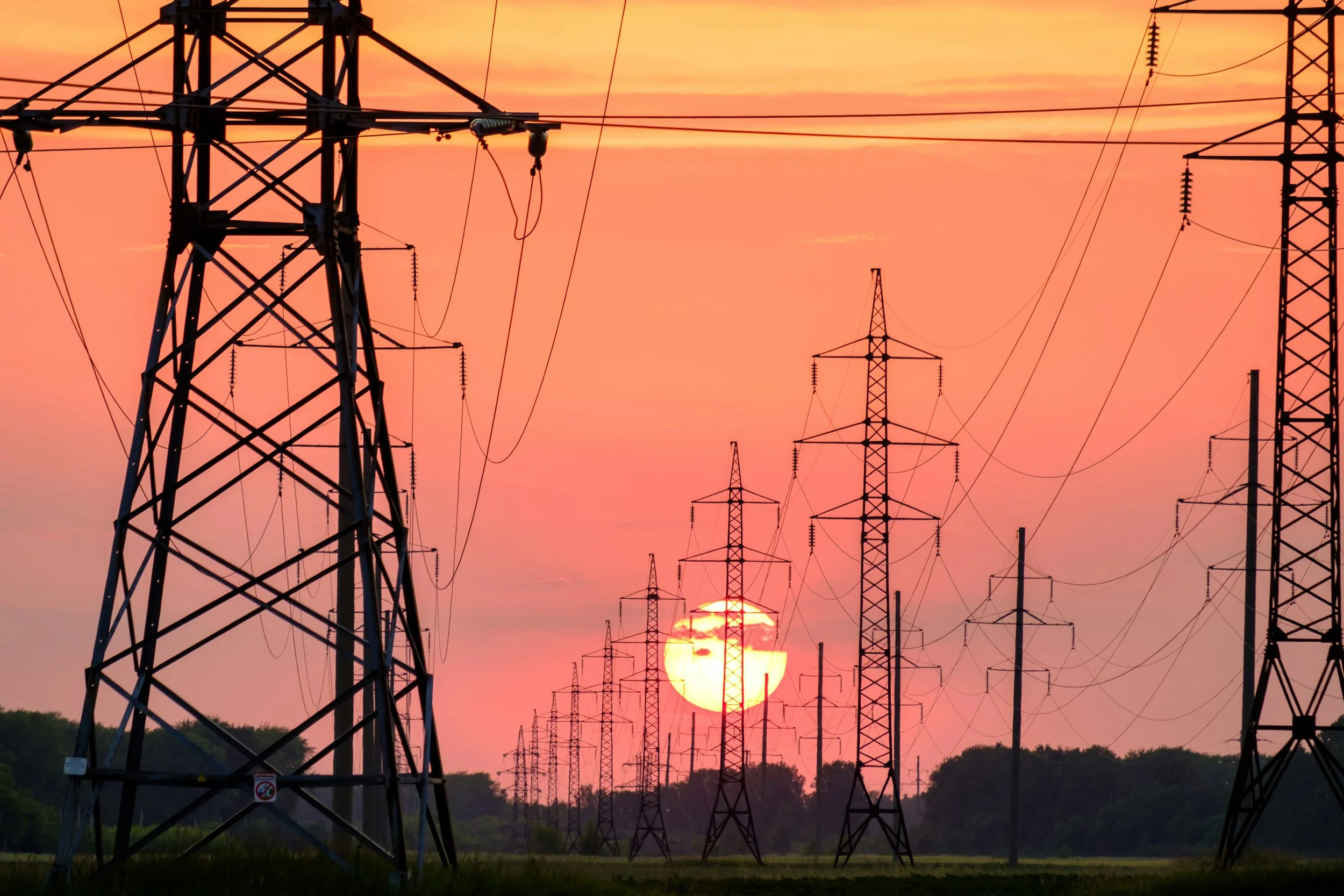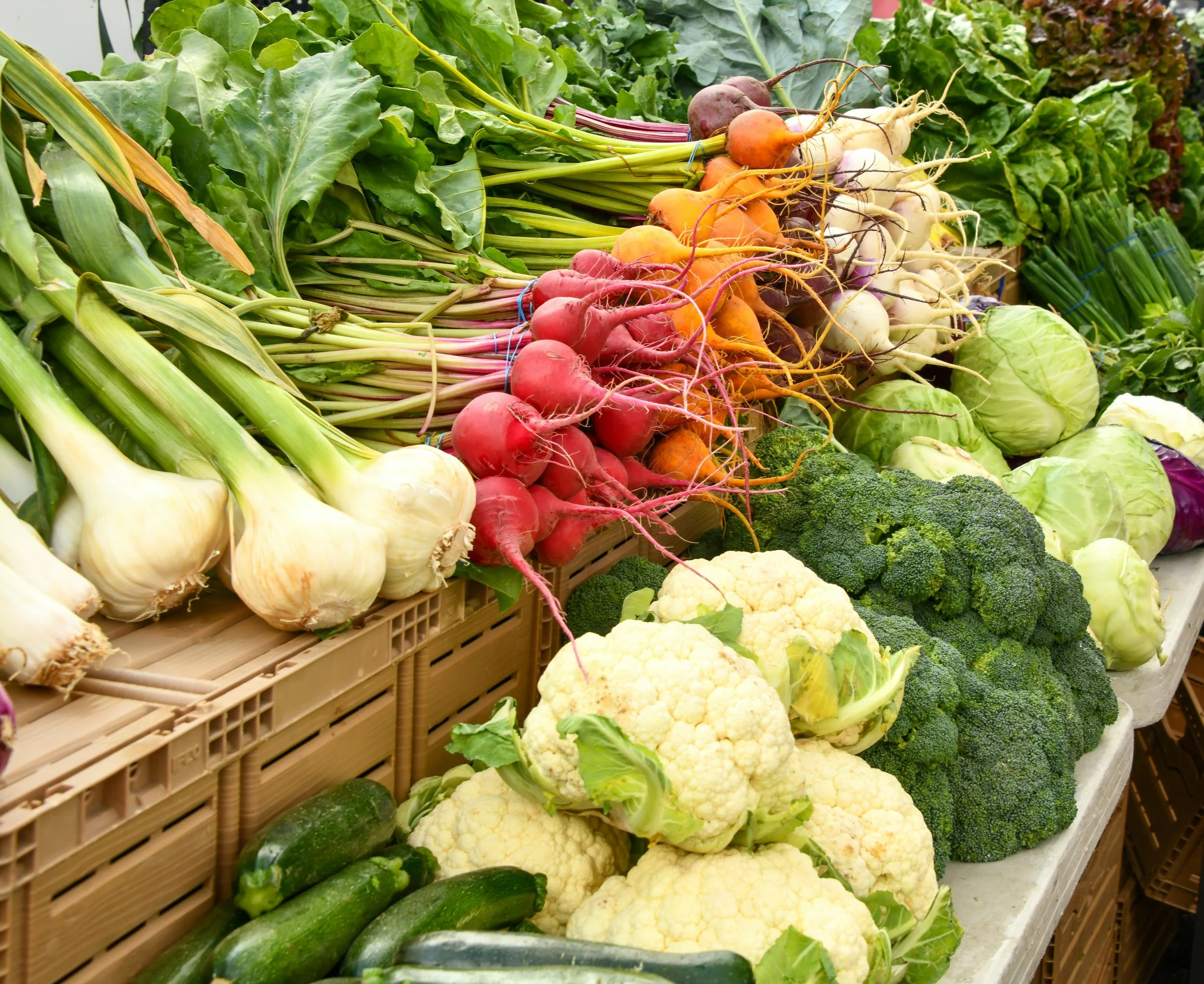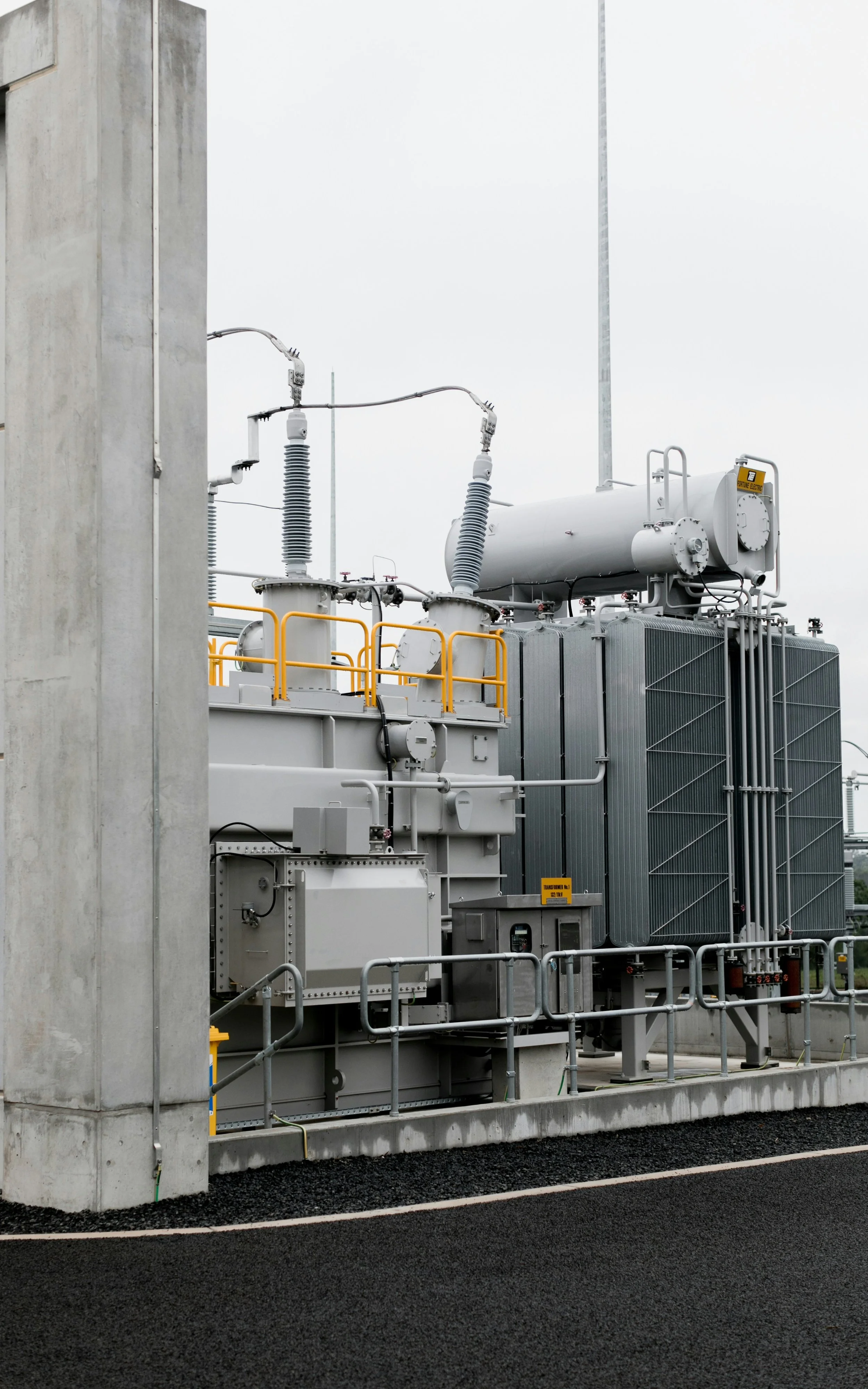
Bridging the worlds of science, technology, and policy to enable data-driven decision-making in the West Virginia legislature
Providing WV state legislators with rigorous, nonpartisan science and technology policy research and analysis as inputs to their policymaking process
Our mission is to serve as an unbiased resource for science and technology (S&T) knowledge, preparing materials for briefings to lawmakers and other outreach events. We identify, synthesize, and summarize S&T research related to policy topics as identified by members of the West Virginia state legislature into S&T Notes. These Notes provide an overview of topics from a scientific and technical perspective and explain issues in jargon-free terms, focusing on West Virginia’s needs and potential.

Bringing expertise to the policymakers shaping our government’s priorities, decisions, and regulations
Highlighted Science and Technology Notes
-
![A person sitting on the sidewalk at dusk, wearing a red hat and dark coat, with a small sign offering help and a cup in front of them, in an urban setting with blurred pedestrians and city buildings in the background.]()
Unhoused Youth in West Virginia
Youth experiencing homelessness affects people all over the country, including in West Virginia, and the causes are varied. This Science and Technology Note explores rates and some causes of unhoused youth, as well as federal and state efforts to combat this.
-
![Close-up of a smartphone with social media app icons including Facebook, WhatsApp, Instagram, Snapchat, TikTok, and X in a folder titled 'Social Media' on the screen.]()
Social Media Regulation for West Virginia Teens
This Science & Technology Note highlights the positive and negative effects it can have on users, especially teenagers, overviews teen social media use statistics, and explains state and federal proposals to safeguard kids from the negative impacts of social media.
-
![Inside a greenhouse, rows of strawberry plants with ripe red strawberries and green leaves are growing in white containers.]()
Hydroponic Farming in West Virginia
This Science and Technology Note explores how hydroponic farming works, compares different hydroponic techniques, and policies other states are implementing to support this practice.
-
![Raw beef steaks seasoned with salt and pepper on a wooden cutting board.]()
Lab-Grown Meat in West Virginia
This Science & Technology Note provides information on the production of lab-grown meat, benefits and drawbacks compared to traditionally-produced meat, and an overview of regulations, both within West Virginia and nationally.
-
![A sunset with pink and orange sky behind a row of electrical transmission towers and power lines.]()
West Virginia Electric Utility Regulation
This Science and Technology Note explores electric utility regulation in West Virginia and other states and explores the differences between a regulated and deregulated market.
-
![Two construction workers wearing yellow helmets working on a scaffolding around a large rusty pipe on a building exterior.]()
PACE Funding in West Virginia
This Science & Technology Note provides an explanation of Property Assessed Clean Energy (PACE) programs, including their risks and benefits, identifies steps the legislature would need to take to implement a program in West Virginia, and highlights completed projects in other jurisdictions that may be of interest to West Virginians.
-
![A newborn baby crying and a woman lying close with their foreheads touching, both wearing hospital attire and caps, in a hospital room.]()
Certified Professional Midwives in West Virginia
This Science and Technology Note explores access to maternal healthcare in West Virginia. It also explores the role certified professional midwives can play in obstetric care and their licensure.
-
![A classroom scene with a student in the foreground, facing forward, with several students and a teacher in the background, blurred.]()
Chronic Absenteeism in West Virginia Schools
This Science & Technology Note provides data on the rates of chronic absenteeism in West Virginia, explains the effects of chronic absenteeism on students, provides theories for the elevated rate of chronic absenteeism, and focuses on teacher home visits as a potential way to address chronic absenteeism in the state.
-
![Data center server racks]()
Data Centers in West Virginia
This Science and Technology Note discusses current data center legislation in West Virginia. It also focuses on their potential economic impact and the utility services required for their operation and local residents’ concerns about these requirements.
-
![Blue Ethernet cables connected to a network switch with yellow indicator lights.]()
Data Center Utility Requirements and Reliability
This follow-up Science and Technology note dives deeper into data centers. It highlights the electricity and water required to run a data center and explains the size and reliability requirements of data center facilities.
-
![Close-up of DNA double helix structures made of ice or crystals floating in icy space with small ice particles around.]()
DNA Use in Law Enforcement
This Science and Technology Note discusses when DNA samples may be collected in West Virginia, how those samples are used for law enforcement purposes, and how DNA sample collection laws differ in other states.
-
![Fresh vegetables including garlic, radishes, carrots, turnips, broccoli, cauliflower, zucchini, and cabbage displayed on a market stall.]()
Food Deserts in West Virginia
Many West Virginians are unable to afford or access healthy, nutritious foods despite both federal and state level strategies to help combat these issues. This Science & Technology Note expands on a previous note and explores the state of food insecurity and food deserts in West Virginia, as well as government funding and alternative farming techniques to help alleviate these issues.
-
![A collection of vintage maps, historical documents, photographs, and illustrations spread out on a table or wall.]()
Genetic Genealogy Services and Law Enforcement
This Science and Technology Note expands upon a previous note on forensic DNA use and focuses on law enforcement’s use of consumer-based genetic geology services.
-
![Sun partially obscured by clouds in a cloudy sky with sunlight rays breaking through]()
Geoengineering and West Virginia
This Science and Technology note explains geoengineering technologies relevant to West Virginia and their potential use. It also discusses common concerns and misconceptions surrounding the process and highlights the actions states have taken to address geoengineering.
-
![An injection pen with a blue cap and a partially squeezed blue rubber syringe, placed on a white background.]()
GLP-1 Agonists in West Virginia
This Science and Technology Note discusses the use of GLP-1 agonists for diabetes and weight loss as well as their coverage under state-sponsored insurance plans.
-
![A male deer with large antlers standing in front of leafless trees in a forest]()
Hemorrhagic Diseases in West Virginia Deer Populations
In light of the current outbreak of EHD in the Mid-Ohio Valley, this S&T Note covers EHD causes and symptoms, as well as potential methods to decrease disease spread.
-
![Green powder in a small white bowl on large green leaves against a wooden surface.]()
Kratom in West Virginia
This S&T Notes discusses the effects of kratom, West Virginia’s current kratom legislation, and federal and state actions to regulate kratom use.
-
![The night sky, showing the Milky Way]()
Light Pollution in West Virginia
This Science & Technology Note provides an overview of the effects of light pollution on people, animals, and plants, gives information on recent increases in light pollution, and highlights legislation that states have implemented in an effort to preserve dark skies.
-
![Industrial electrical transformer outdoors on a concrete pad with smooth asphalt road in front, gray sky background.]()
Microgrids in West Virginia
This Science and Technology note reviews the state of microgrids in West Virginia, explains the benefits of and barriers to microgrid development, and highlights key actions states are taking surrounding microgrid development.
-
![Box of Narcan nasal spray with one dose outside the box on a clear background.]()
Access to Naloxone in West Virginia Schools
This Science & Technology Note provides statistics on opioid overdoses in West Virginia’s children, information on the lifesaving drug naloxone and its use in West Virginia’s schools, and policies that other states have implemented to provide naloxone to schools.
-
![Top-down view of a wooden table with trays of food, including crinkle-cut fries, salads, fried chicken strips, a sandwich, soda, and some condiments, with people's hands reaching for food.]()
School Lunch Programs in West Virginia
This Science and Technology Note discusses the landscape of food insecurity and poverty in West Virginia, the state of school lunch programs, and implementation examples from other states.
-
![A classroom filled with students sitting at desks, attentively listening to a teacher at the front, with educational posters and whiteboards on the walls.]()
West Virginia Special Education Funding
This Science & Technology Note explains how special education services are funded at the federal, state, and local levels, with emphasis on West Virginia’s special education funding mechanism.
-
![Close-up of a woman with short blonde hair smoking a vape pen, with smoke around her.]()
Vaping and E-Cigarette Use in West Virginia
This Science & Technology Note provides information on the health effects of vaping, vaping rates in West Virginia, and gives an overview of the vaping regulations of West Virginia and its neighboring states.
-
![A person in a gray fleece jacket fills a glass of water at a kitchen sink.]()
Water Fluoridation in West Virginia
This Science and Technology Note discusses the status of water fluoridation, related mandates in West Virginia, and potential benefits and challenges to the practice.
-
![Children playing with toy cars on a colorful carpet with a blurred background of kids sitting and playing.]()
West Virginia Child Care
Child care has been shown to help children develop essential skills and help economic development by providing care so parents can work; however, cost and access remain a problem for many families in West Virginia. This Science and Technology Note explores child care availability and funding mechanisms, as well as strategies other states are using to help families afford child care.
-
![A wooded park area with tall trees, sunlight filtering through the leaves, and a grassy ground.]()
West Virginia Oak Restoration Through Forest Management
This Science & Technology Note describes the economic and environmental impacts of oak forests on West Virginia, explains different forest management techniques, and highlights policy options to encourage active forest management by both public and private landowners in order to restore oak forests.
-
![Two paper grocery bags filled with fresh fruits and vegetables, placed on a wooden floor. The left bag contains red apples and a pack of hamburger buns. The right bag has a head of green cabbage, a bunch of bananas, and a sealed bag of sliced meat.]()
West Virginia SNAP
The Supplemental Nutrition Assistance Program (SNAP) assists individuals in purchasing food, including about 14% of West Virginians. New federal law and the October 2025 federal government shutdown brought various changes to SNAP. This Science and Technology Note explores SNAP’s function, its changes, and how states are navigating SNAP amidst the federal shutdown.



























